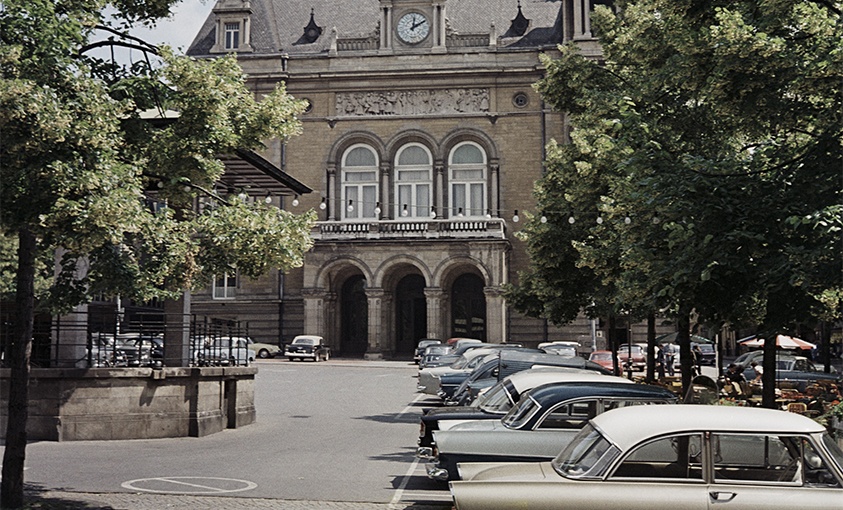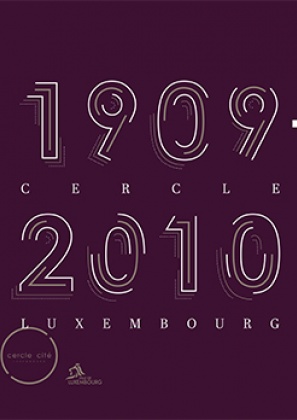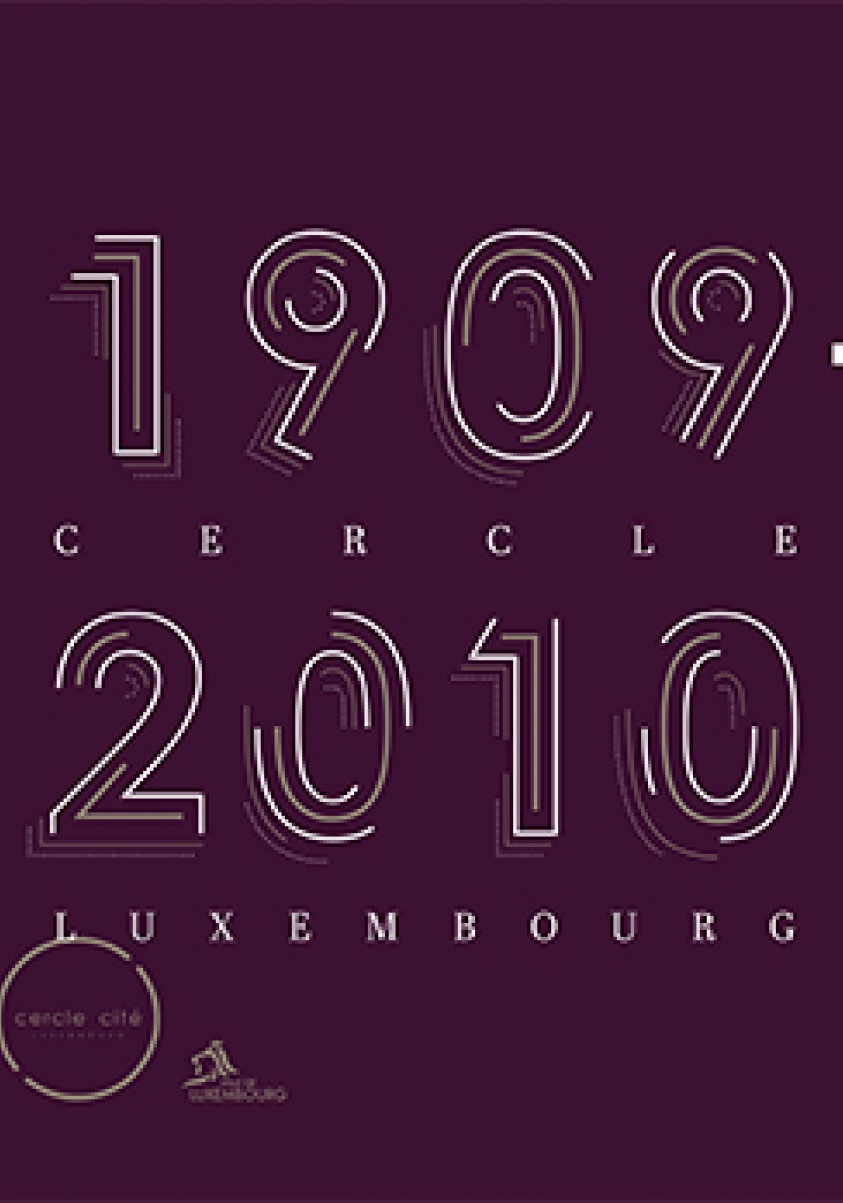This website is not optimized for Miscrosoft Internet Explorer and Miscrosoft Edge !
Cercle Cité
Since reopening in 2011, the mission of Cercle Cité has remained unchanged: to bring together people, exhibitions and festivities under one roof in the heart of Luxembourg City. This unique and prestigious space is open to associations, artists and, of course, visitors to the city.
Building on its history, Cercle Cité has become an international cultural hub where tradition meets modernity. The mission of the centre becomes apparent in the different areas it houses: the exhibition space named after the old Ratskeller, the parlours on the Bel-étage, a conference centre, the Luxembourg City library, as well as the Japanese restaurant Aka.
Cercle Cité is ideal for holding professional events, such as seminars, product or service launches, but also private celebrations like weddings or birthdays. Whatever the nature of your event, there is likely to be a space for it at Cercle Cité.
30/05/1830
Laying of the foundation stone for the “Cercle Littéraire” (Literary Circle)
12/09/1909
The Cercle becomes the "Municipal Palace" (Stadthaus)
25/07/1942
Solemn opening "Kreistag"
10/09/1944
Patriotic speech of Prince Félix from the balcony of the Cercle
03/12/1949
Red Cross Charity Bazaar
11/12/1951
“Human Rights” exhibition
1953-1969
From the early 1950s to the late 1960s, the Cercle hosted meetings of the European Coal and Steel Community (ECSC)
23/10/1958
Official opening of the “Ciné Cité”
08/12/1976
State visit of Queen Elisabeth II
11/02/1985
Visit of the Israeli President Chaim Herzog and his wife
14/11/1989
25th anniversary of the accession to the throne of Grand Duke Jean
15/01/1992
Visit of the French President François Mitterrand and his wife
07/10/2000
Accession to the throne of HRH the Grand Duke Henri
2005-2010
Closing of the Cercle for works
11/12/2009
Opening of the Cité socio-cultural center
30/04/2011
Inauguration of the Cercle Cité as a whole
17/04/2020
Temporary relocation of the Chamber of Deputies to the Cercle Cité, in the frame of the Coronavirus pandemic
The "Cercle"
Architecture pays testimony to the history of a country and the wider world. The Cercle Municipal – which is how the building was known before its renovation in 2011 – is no exception to this rule. Constructed in 1904 and 1905, the structure reflects the Luxembourgish social life of the early 20th century, making it a place of memory, a space for celebration and commemoration, a ceremonial hall and a place for gathering, working and reflecting.
Its walls have witnessed the darkest hours of the Nazi occupation, but also the joys of the Liberation.
In the following decade, the Cercle became intrinsically linked to the country’s industrial development, particularly as the home of the court of the High Authority of the European Coal and Steel Community (ECSC), the predecessor of the European Union. The space also housed the municipal services and the tourism board.









